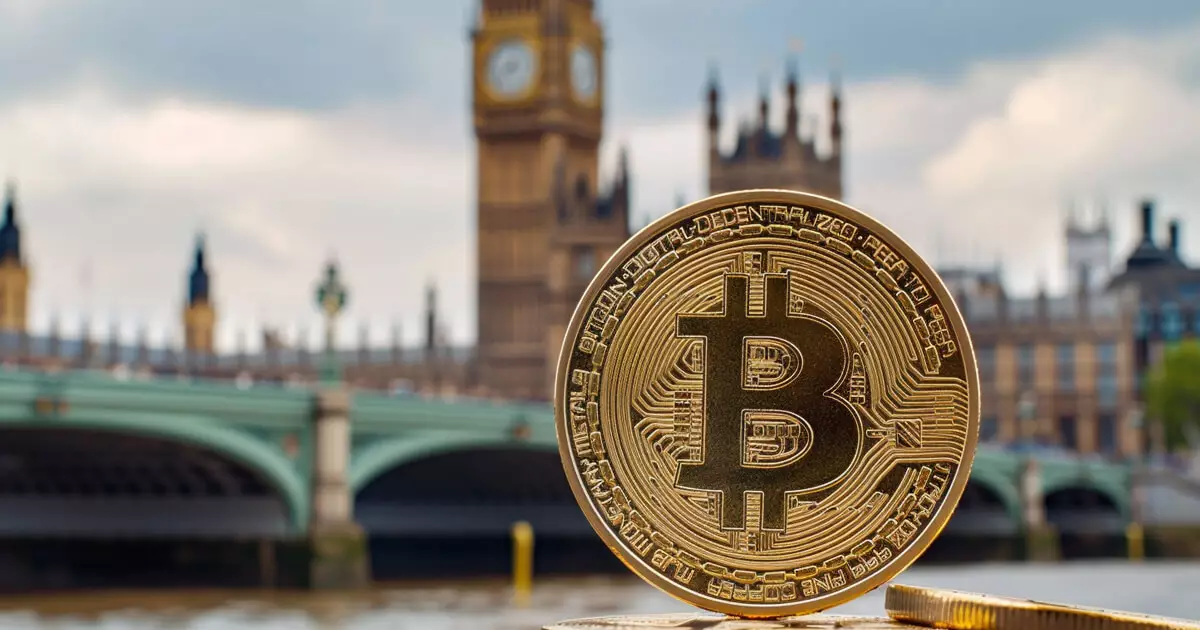The Property (Digital Assets, etc.) Bill was recently introduced by the Law Commission of the UK Parliament to legally recognize digital holdings. This groundbreaking legislation aims to classify cryptocurrencies, non-fungible tokens (NFTs), and carbon credits as personal property under British law. This move represents a significant shift in the legal landscape, as it is the first time in British history that such assets will be officially included in the scope of English and Welsh property law.
Justice Minister Heidi Alexander emphasized the importance of keeping the law abreast of technological advancements. She highlighted the necessity of providing clarity in complex property cases involving digital assets. The bill is designed to safeguard owners and companies against fraud, scams, and disputes related to digital holdings or settlements. By offering enhanced legal protections, the legislation aims to attract new crypto firms to the UK, potentially leading to a substantial growth of £34 billion in the local legal services industry.
The Law Commission’s report acknowledges that traditional personal property law does not clearly categorize digital assets, which are neither tangible possessions nor intangible rights. To address this gap, the report introduces a new legal category for crypto assets and other digital objects. This category, termed “things to which personal property rights can relate,” allows for the legal ownership and transfer of digital assets, similar to physical property. Importantly, the report refrains from imposing strict boundaries on this new category to ensure flexibility and adaptability as technology continues to evolve.
The Law Commission’s recommendations, including the establishment of a multidisciplinary project, signify a proactive approach to developing a comprehensive legal framework for crypto arrangements. This forward-thinking strategy is crucial for enhancing the interaction, operation, and enforcement of digital asset transactions. Furthermore, by clarifying the legal status of digital assets, the UK legal system aims to maintain its position as a leader in global mergers and acquisitions, corporate arbitrations, and other commercial activities.
Overall, the Property (Digital Assets, etc.) Bill represents a significant step towards modernizing property law in the UK and adapting to the digital age. The recognition of digital assets as personal property under British law is a positive development that will provide much-needed clarity and protection for individuals and companies involved in the crypto space. As the legal framework continues to evolve, it is essential to remain proactive in addressing emerging challenges and opportunities in the digital asset landscape.
















Leave a Reply